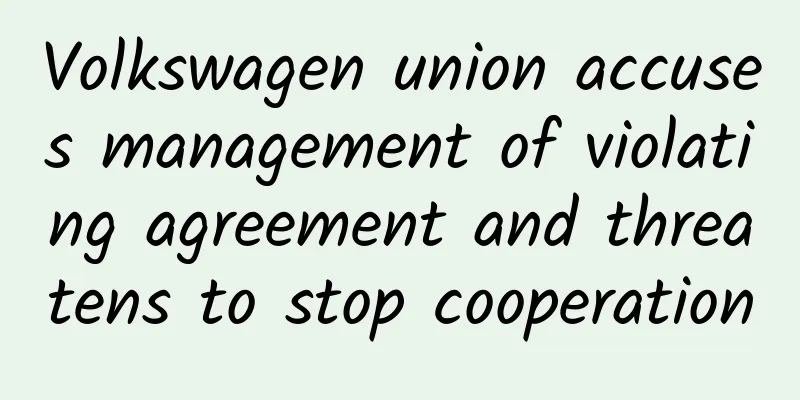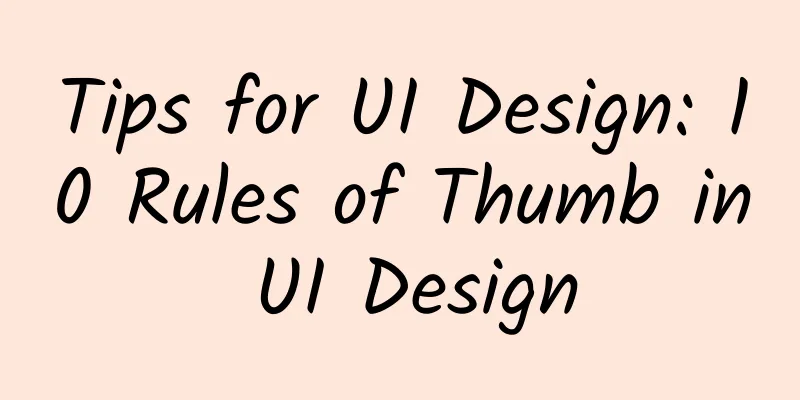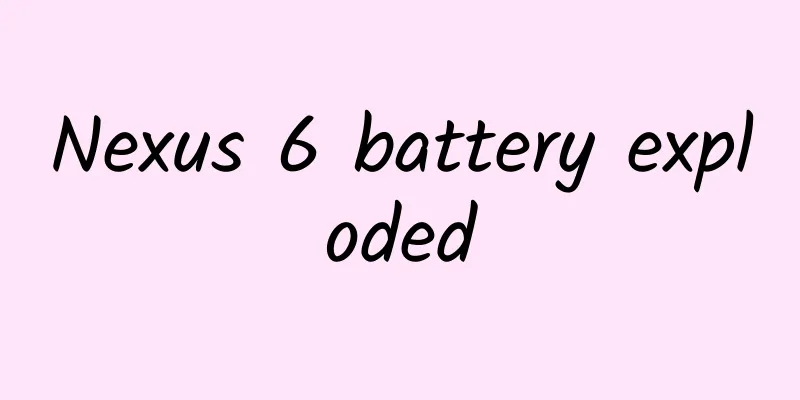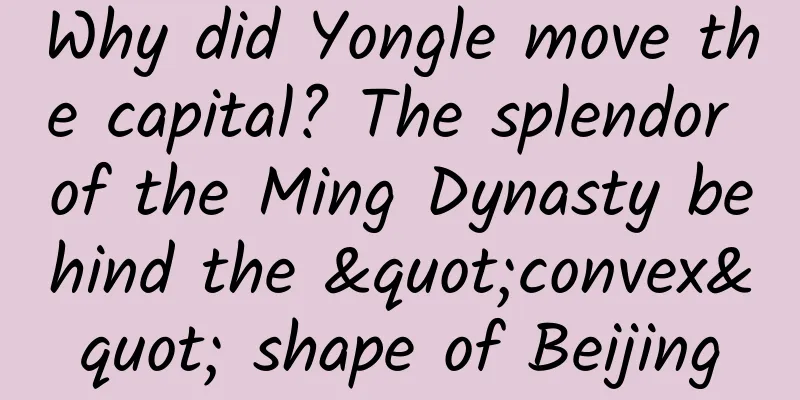Starting from Google: The future of the Internet will be full of monopolies
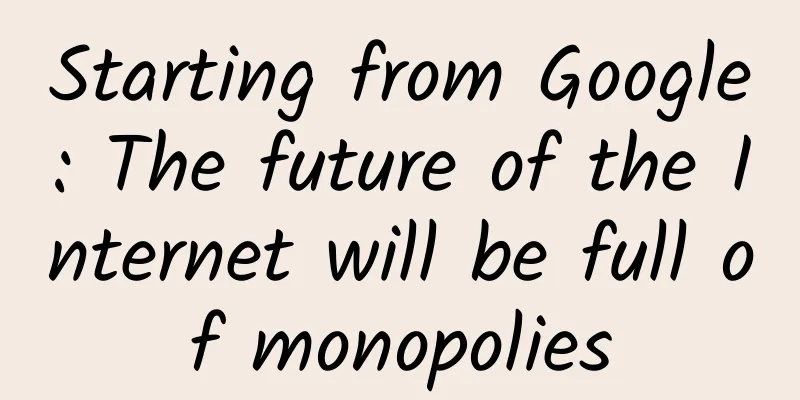
|
September 4, 2015 was Google's 17th birthday. The new corporate logo launched at the right time fulfilled its mission and played the role of foundation, covering up the anxiety caused by the antitrust investigation. In the joy created by the new visual language, Google and the media tacitly forgot about the European Union, India and Russia. Although the time was short, it was a happy time. Now, everything has resurfaced, the antitrust investigation is still ongoing, and Google still has to face the most difficult autumn in the company's history. Everything will go round and round. Google's thorny situation of being "besieged on three sides" can almost be said to be a replica of the Microsoft incident in 2004: that year, antitrust investigations against Microsoft were carried out simultaneously in the European Union, South Korea and Japan, and the final result was that the European Union issued a fine of 497 million euros to Microsoft; South Korea issued a fine of 35.43 million US dollars and made Windows unbundle MSN; in Japan, Microsoft made many policy compromises to avoid prosecution. The situation Google is facing now is more complicated than that of Microsoft back then, because the smoke of war was ignited in the two major sectors of search and Android operating system at the same time. Even Peter Thiel, the author of "Zero to One", said: Google's lucrative search monopoly may be about to end. However, in the phrase “Google’s monopoly”, “Google” is just a qualifier, and the real subject is “monopoly.” The qualifier represents individuality, while the subject represents commonality. Monopoly is not a derogatory term The scales regarding the word "monopoly" have tilted too much, and perhaps we should dial it back and remain neutral. When Mencius mentioned the word "monopoly" in "Mencius: Gongsun Chou Part 2", the context was "In ancient times, those who made markets exchanged what they had for what they did not have, and the officials managed it. There was a lowly man who would seek a monopoly and take it, so that he could look down on others and gain profits. Everyone thought he was lowly, so they taxed him. From then on, the taxation of lowly men began." The general meaning is that before the appearance of the "lowly man", the market was an exchange of what was available for what was not available, and the "lowly man" tried to stand on a high position and take all the benefits of the market for himself. People had opinions about him, so they taxed him together, and taxation began from then on. Everything seems to be saying that if there was no "lowly man", equal exchange in the market would be the most ideal business state. But the real situation may be questionable. Humans are animals that seek benefits and avoid harm. Tax leverage is obviously more credible and stable than self-control. Although taxation will lead to corruption, it will also provide security and public facilities for market participants. The emergence of the type of people referred to as "cheap husbands" has actually helped the natural economy to take a step forward towards a more advanced economic form while enduring the stigma of being despicable. Monopoly is a reward for innovation Peter Thiel's words were directed at Google. There are many types of monopolies. Google's search engine and Android system represent a top-level technological monopoly, while Apple represents a monopoly on the brand potential of the mobile phone industry. The root cause of any monopoly is the irreproducibility of the product in a specific field. Uniqueness will inevitably generate value, and the huge sales profits obtained by monopoly companies are the reward for this unique innovation. It is not illegal to have a monopoly on a product It is illegal to use monopoly products to make profits for other businesses. Having the ability to do illegal things is different from breaking the law. The only explanation for whether a monopoly enterprise is illegal lies in judicial definition. Even as early as 2011, when answering the question "Is Google a monopoly?", Eric Schmidt, chairman of Google, said frankly, "We're in that area." The judicial authorities cannot take sanctions against Google. As an outsider, it is too early to draw conclusions. The Internet jungle encourages monopolies The earliest monopoly organizations, cartels, are extremely fragile because they need to meet four necessary conditions for their creation and existence: first, the share is large enough and there are no challengers; second, the cost and punishment of collusion are low, so it is worth the risk; third, its demand is as little affected by price fluctuations as possible; and fourth, each member can resist deception, refuse temptation, and never cheat. As far as we can see, whether it is Russia's natural gas OPEC or De Beers' diamond alliance, they are all faltering because they cannot fully meet these four conditions. Internet products are quite different. From the perspective of monopoly enterprises themselves, monopoly no longer requires alliances; from the perspective of channels, the scope of software deployment is wider, and the expansion speed is growing exponentially; the marginal cost of products is almost zero. This makes it easier for Internet products to form monopolies. Your search, your chat tools, your entertainment sources, your work management, every field has already formed a monopoly or is gradually moving towards a monopoly. The normalization of monopoly enterprises will become a landscape of the future Internet industry. What are you fighting against? As non-direct stakeholders, the anti-monopoly mentality of the general public is mostly due to the fear of a monopoly. They are worried that without restrictions, companies will kidnap users on the road to profit, and after monopolizing the market, the company's innovation ability will decline and its products will stagnate. This is correct to some extent. However, as we mentioned above, the production cycle of Internet monopoly products is shorter, and the monopoly of giants does not mean that there are no competitors. When a monopoly product loses users, a replacement product will immediately appear. This cycle is actually a virtuous circle. Of course, if we consider the issue from the perspective of entrepreneurs, then the biggest reason for anti-monopoly is that it has become the Wangwu Taihang Mountains that blocked Yugong, so we need to fight against monopoly and restrict the expansion of competitors. This kind of thinking itself is also a misunderstanding. If an entrepreneur's project is a search engine, instant messaging software or a national e-commerce platform, it is obviously an unrealistic entrepreneurial goal. The entrepreneur's thinking should be to find areas that BAT ignores or does not pay attention to, and persist in the process of maintaining differentiation. The only reason that can make people raise the banner of anti-monopoly is that their own rights as users are damaged. At present, most of the international or domestic anti-monopoly cases are the flowers of evil catalyzed by the competition of competing products. It has nothing to do with them, so they can just ignore it. ***Let me end with a quote from Professor Kai-Fu Lee: “The essence of the Internet is monopoly, not competition.” |
<<: Microsoft: Android is so big, I want to occupy it too
>>: Android performance optimization: rendering
Recommend
A 35-year-old programmer can’t go home
Xi'erqi is the place with the highest proport...
How much does it cost to be an agent for a fruit mini program in Dali?
How much does it cost to be an agent of Dali Frui...
Expert summary: 8 practical tips to greatly improve UI design efficiency!
When designing, do you struggle with various poss...
"China Unicorn Enterprise Development Report (2025)": China has 409 unicorn companies with a total valuation of US$1506.8 billion
According to reports, at the recently held Second...
Is it not suitable to get married in 2024, the "widow year"? Is the saying that "a year without spring is unlucky" true?
Today, an old folk rumor topped the trending sear...
Analysis of KFC’s Private Domain Operations
Recently, the "Pikachuk" meal toy launc...
IE abandoned: open source monopoly is a good monopoly
Microsoft IE is about to die. A series of browser...
Exploring the potential and challenges of developing games for Apple Watch
The developers of the first Apple Watch game are ...
Introduction to Massive Engine Search Ads and Suggestions on Product Selection for Luban Search
As the traffic dividend gradually weakens and the...
A basket of important achievements! China's Sky Eye challenges the standard model of interstellar magnetic field
The "big pot" in Guizhou has recently p...
Super dry goods | How to successfully hold a press conference without any basic knowledge!
Planning to executing a press conference is a very...
Secret Ailao | What are the treasures in Ailao Mountain and where are the dangers?
On December 15, the Natural Resources Comprehensi...
Growth Hacking | User Growth Tips from Google!
The concept of growth hacking has always been ver...
Analysis of creative ideas for beauty business promotion!
“Everyone loves beauty.” In recent years, with th...
What is the dirt in the belly button? Can you pick it out? The long-standing question has finally been solved
This article was reviewed by Tao Ning, PhD, Assoc...

